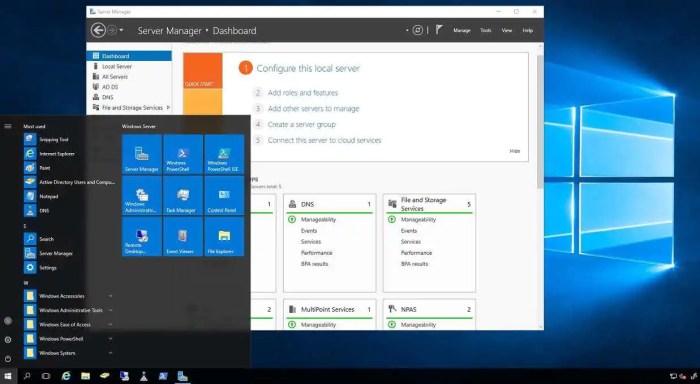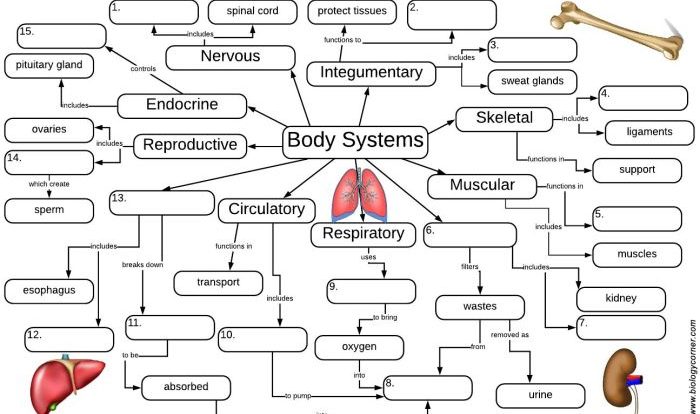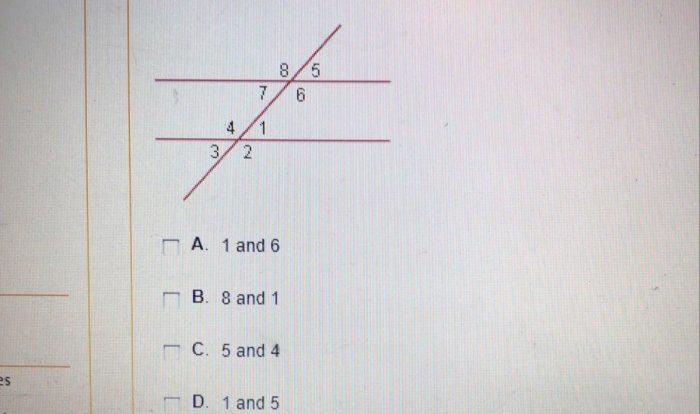The other side is not dumb by sean blanda – Sean Blanda’s “The Other Side Is Not Dumb” delves into the crucial importance of perspective-taking, empathy, and intellectual humility in fostering productive discourse. This captivating narrative emphasizes the dangers of underestimating opponents, the benefits of considering diverse viewpoints, and the strategies for engaging respectfully with differing opinions.
By shedding light on the psychological biases that contribute to the fallacy of underestimation, Blanda underscores the significance of recognizing the intelligence and capabilities of opposing viewpoints. The work highlights historical and contemporary examples where underestimation led to significant consequences, underscoring the need for a more nuanced understanding of opposing perspectives.
The Fallacy of Underestimating Opponents
Humans tend to underestimate the intelligence and capabilities of those who hold opposing viewpoints. This fallacy, known as the “false consensus effect,” leads individuals to believe that their own beliefs and opinions are more widely held than they actually are.
Historical and contemporary events abound with examples of the consequences of underestimation. In the lead-up to World War II, for instance, the Allies underestimated the strength of the German military, leading to disastrous consequences. Similarly, in the 2016 US presidential election, many analysts underestimated the appeal of Donald Trump to a large segment of the population.
Psychological biases contribute to this fallacy. Confirmation bias, for example, leads us to seek out information that confirms our existing beliefs and ignore information that contradicts them. This can lead us to overestimate the strength of our own arguments and underestimate the strength of opposing arguments.
The Importance of Perspective-Taking
To gain a more comprehensive understanding of any issue, it is essential to consider different perspectives. Perspective-taking allows us to see the world through the eyes of others and to understand their motivations and beliefs.
By taking the perspective of others, we can identify blind spots and biases in our own thinking. We can also develop a greater sense of empathy and understanding for those who hold different views.
Effective perspective-taking involves actively listening to others, seeking clarification, and trying to understand their experiences and beliefs without judgment.
The Dangers of Polarization
Polarization, the division of society into two opposing groups, can hinder productive discourse and lead to conflict. When people are polarized, they tend to view the world in black-and-white terms, with little room for compromise.
Polarization has exacerbated conflicts in many societies, including the United States. It has led to gridlock in government, increased social unrest, and a decline in trust in institutions.
Reducing polarization requires fostering more respectful dialogue and finding common ground. It also involves challenging our own assumptions and being willing to compromise.
The Role of Empathy in Understanding Others, The other side is not dumb by sean blanda
Empathy, the ability to understand and share the feelings of another person, is essential for fostering understanding and compassion. By empathizing with others, we can bridge divides and create common ground.
Empathy has been shown to reduce prejudice, promote reconciliation, and resolve conflicts. It is a powerful tool for creating a more just and compassionate society.
Developing empathy involves actively listening to others, trying to understand their experiences, and putting ourselves in their shoes.
Strategies for Engaging with Differing Viewpoints
Engaging in respectful dialogue with those who hold different views is essential for a healthy society. To do this effectively, it is important to practice active listening, seek clarification, and avoid personal attacks.
Active listening involves paying attention to what others are saying, both verbally and nonverbally. It also involves asking clarifying questions to ensure understanding.
Avoiding personal attacks is essential for maintaining respectful dialogue. Instead of attacking the person, focus on the issue at hand and use evidence to support your arguments.
The Benefits of Intellectual Humility
Intellectual humility is the recognition of the limits of one’s own knowledge and the willingness to be open to new ideas. It is an essential trait for fostering open-mindedness and learning.
Intellectually humble individuals are more likely to consider different perspectives, admit when they are wrong, and change their minds in the face of new evidence.
Intellectual humility has been shown to lead to better decision-making, increased creativity, and improved relationships.
Answers to Common Questions: The Other Side Is Not Dumb By Sean Blanda
What is the central message of “The Other Side Is Not Dumb”?
The central message is that we should not underestimate the intelligence and capabilities of opposing viewpoints, and that it is essential to consider different perspectives, practice empathy, and engage in respectful dialogue to foster productive discourse.
How does polarization hinder productive discourse?
Polarization can lead to a lack of understanding, increased conflict, and societal divisions by creating a divide between opposing viewpoints and making it difficult to engage in constructive dialogue.
What is the role of empathy in understanding others?
Empathy allows us to put ourselves in the shoes of others, understand their experiences and perspectives, and bridge divides by creating common ground and fostering compassion.







